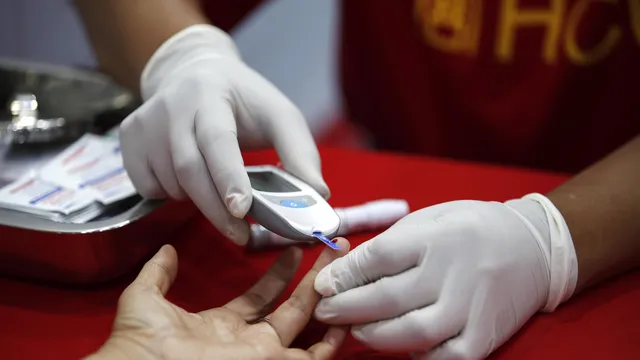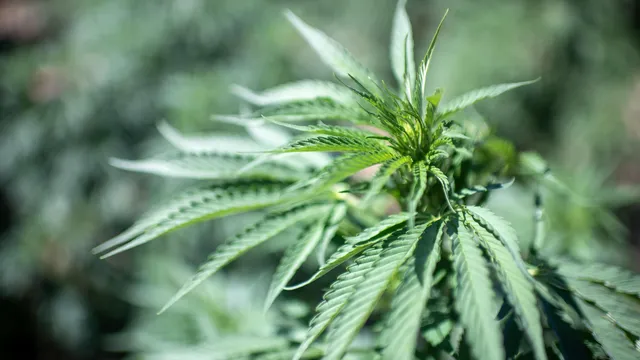For many people, morning coffee is a true ritual, and quite a few even feel a little “irritable” until they take that first sip.
But what is the real effect of caffeine on our mood and energy levels? A team from the University of Bielefeld, Germany, set out to find the answer by tracking more than 200 participants aged 18 to 29.
The participants, who came from different countries, were observed over several weeks. Researchers collected over 23,000 real-time data points using a mobile app. Several times a day, participants reported on their caffeine consumption, levels of fatigue, emotions, and other related factors.
The results are clear: about 72% of participants reported feeling happier, more enthusiastic, and more satisfied after consuming caffeine. The study shows that the highest mood levels were experienced in the morning, within the first two and a half hours after waking up.
According to Anu Realo, a professor at the University of Warwick, UK, caffeine acts as a neural stimulant, increasing dopamine production in certain areas of the brain, which enhances feelings of motivation and pleasure.
Interestingly, researchers expected to find negative reactions among more anxious participants, but the study found none. They explain the absence of adverse effects by the fact that individuals who are sensitive to caffeine tend to avoid it altogether.
Another surprising finding: the positive effects of caffeine appear to be remarkably consistent across all participant profiles. Neither habitual coffee consumption, nor sleep quality, nor even the presence of anxiety or depression symptoms seemed to significantly affect caffeine’s impact on mood.
In other words, a single sip of coffee in the morning can improve well-being, regardless of individual habits or emotional state. | BGNES

 Breaking news
Breaking news
 Europe
Europe
 Bulgaria
Bulgaria







